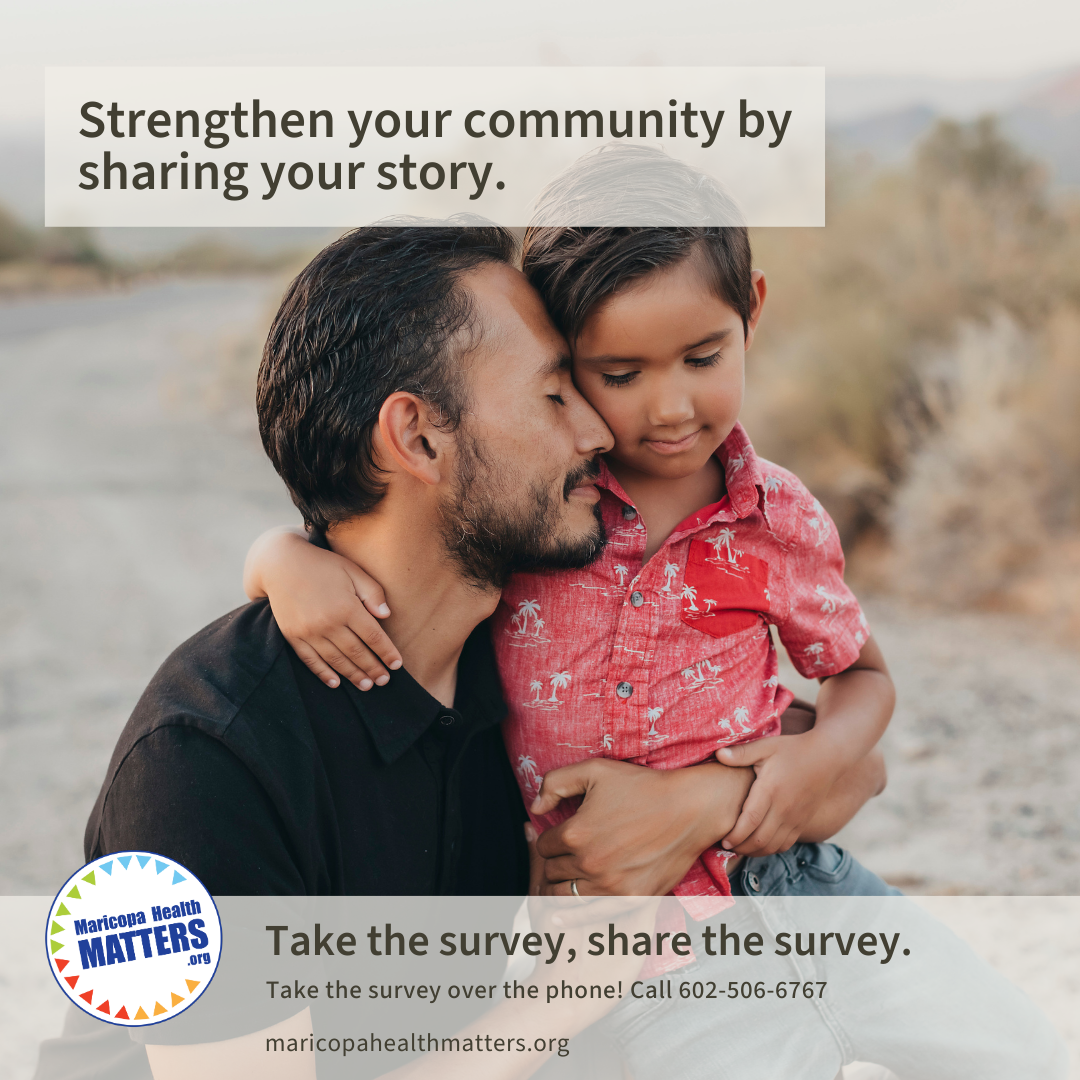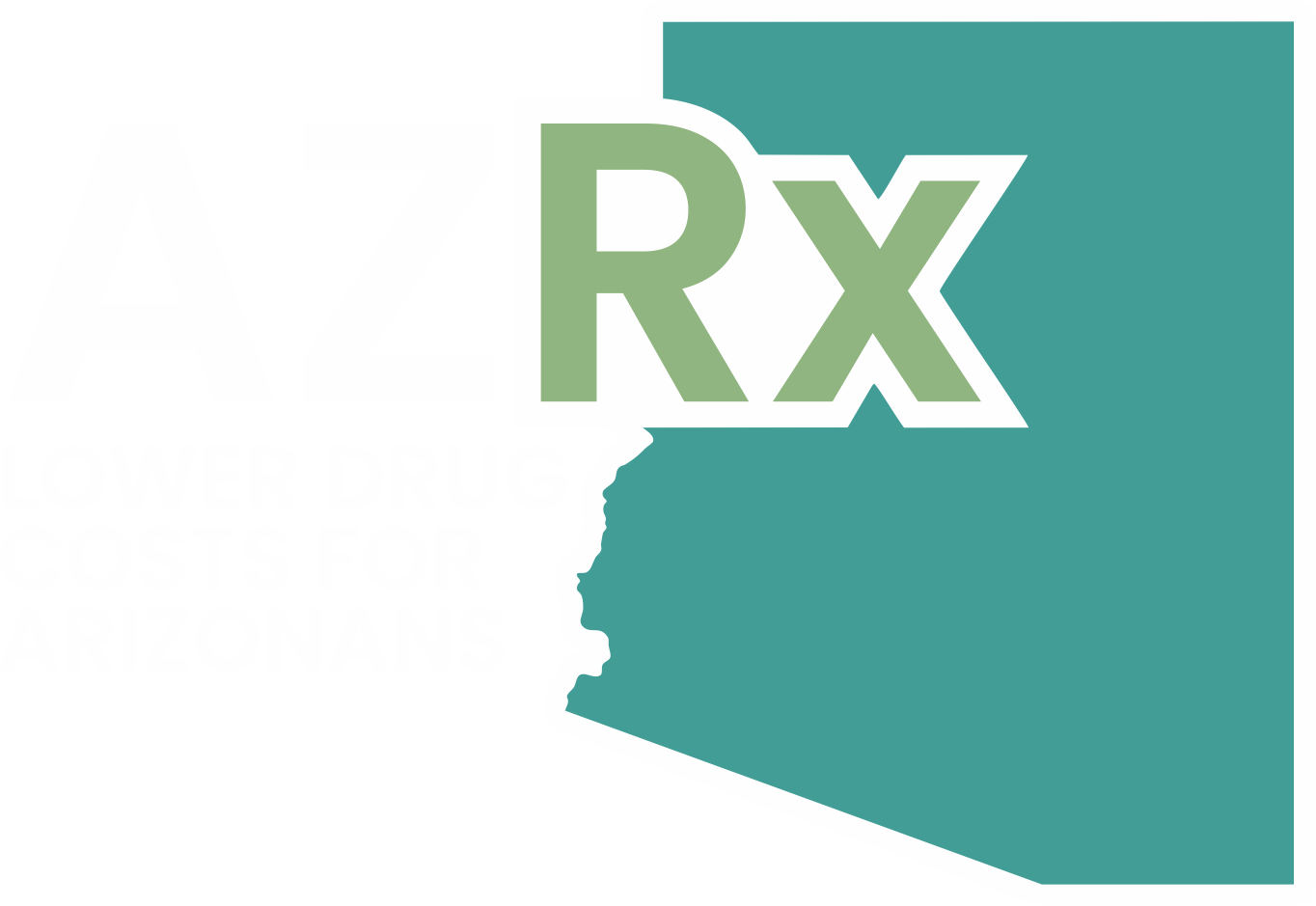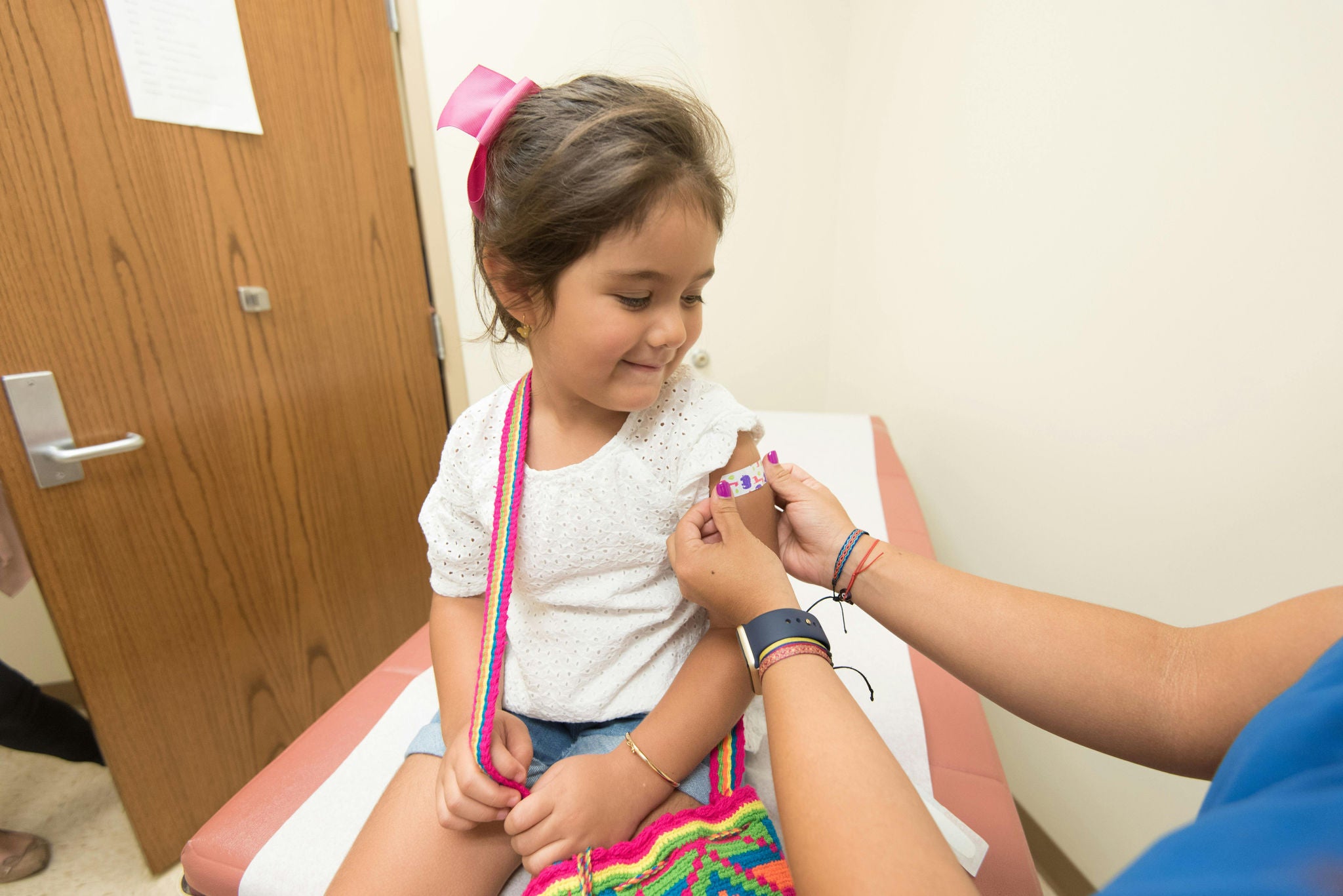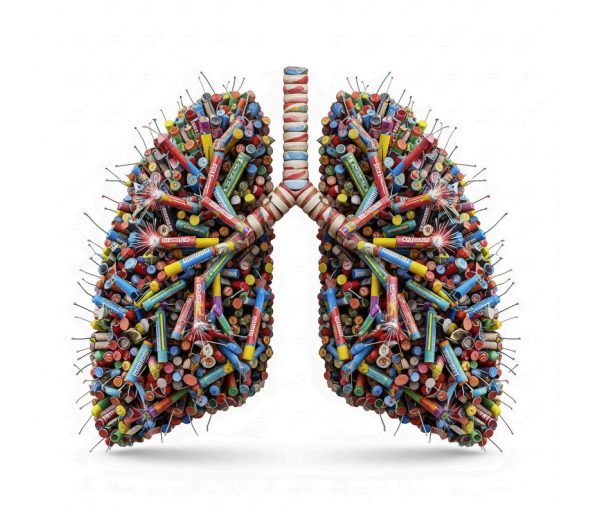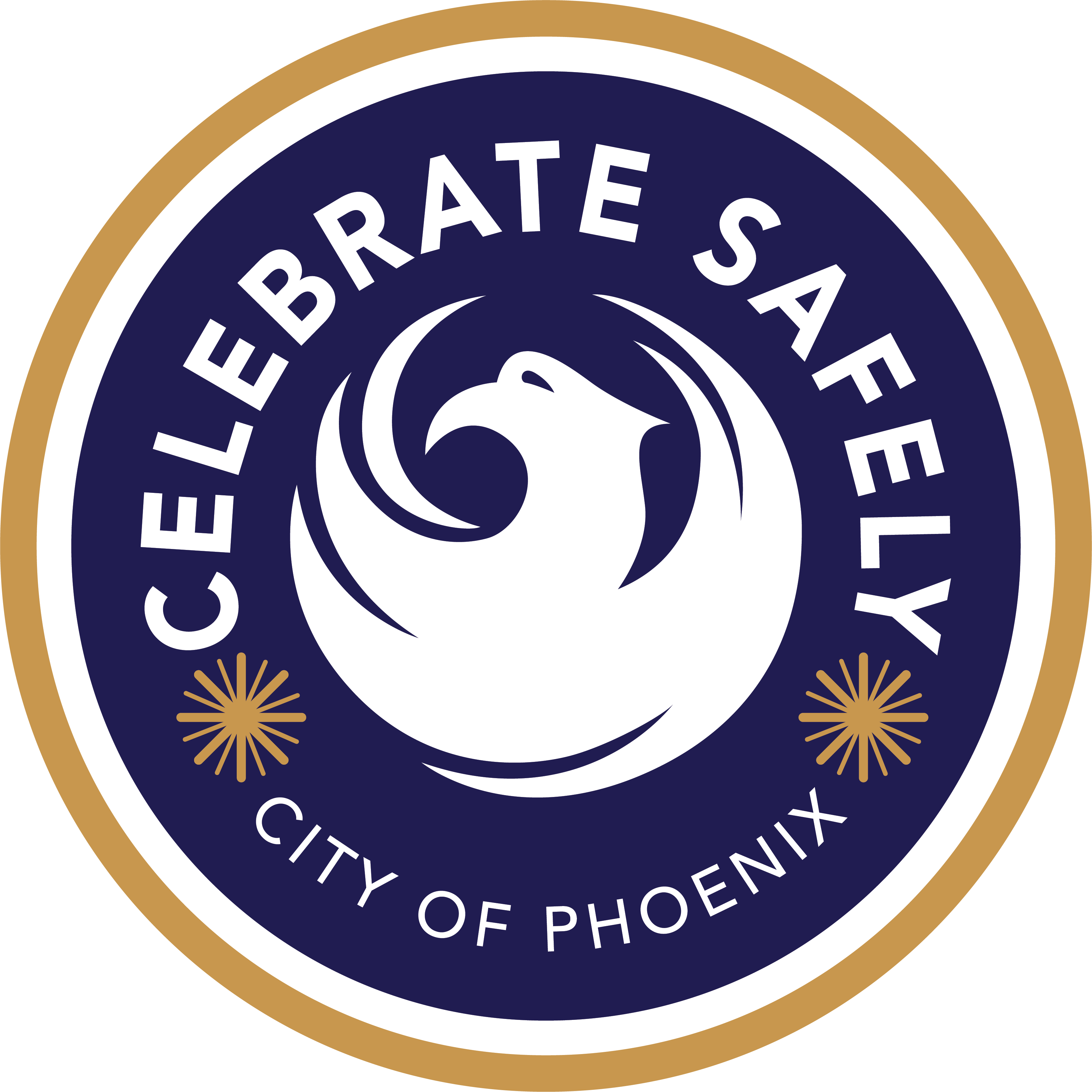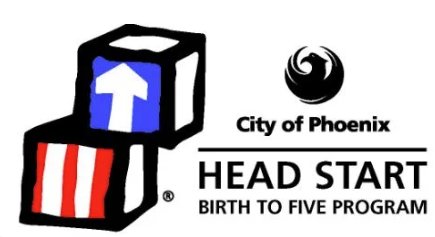The City of Phoenix website will undergo routine system maintenance on Saturday, January 31, 2026. While no major disruptions are expected, some services may be temporarily unavailable between 7:00 AM and 7:00 PM. If you experience any issues, please check back shortly. Thank you for your patience.

Welcome to the City of Phoenix Office of Public Health!
The Office of Public Health has been putting health first in Phoenix since its establishment in 2022. Our mission is to promote the health and well-being of all by employing innovative, rigorous, and evidence-based approaches to public health practice. We serve as advisors and resources available to provide health-related guidance and expertise across City departments and the Phoenix community.
Find Health Resources
-

Access Health Data
Review the latest health-related data for the City of Phoenix.
-

Find Narcan
Learn more about the City of Phoenix Naloxone (Narcan) Program, how to use Narcan to reverse an opioid overdose, and where you can find free Narcan.
-

See Affordable Health Clinics
Explore affordable health clinics from all across Phoenix.
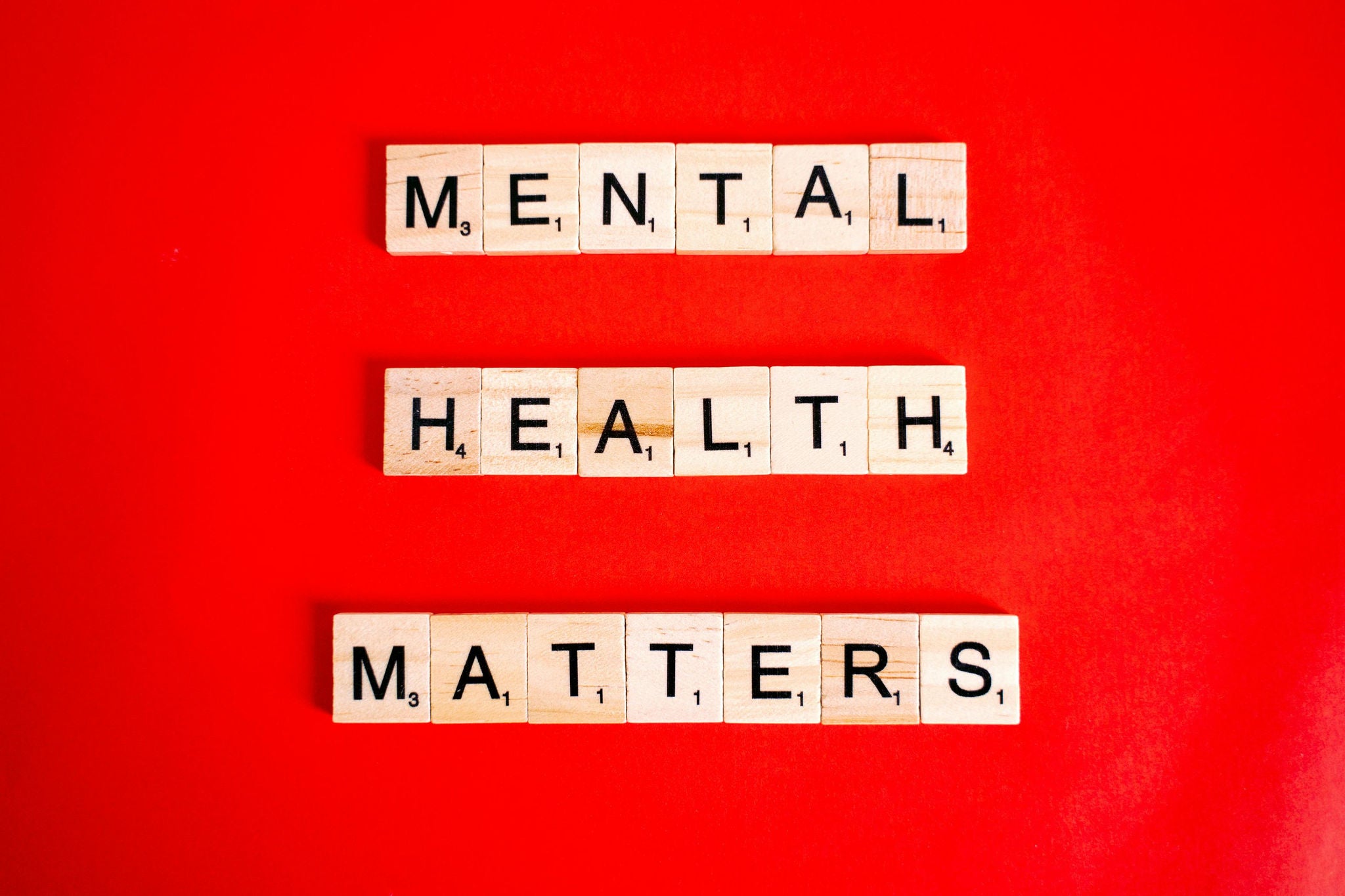
What is Public Health?
Visit this link to learn more about what public health is, why it matters, and the City of Phoenix's approaches to achieving better public health for everyone.


Contact the Office of Public Health
200 W. Washington St., 12th Floor
Phoenix, AZ 85003
Email: publichealth@phoenix.gov

